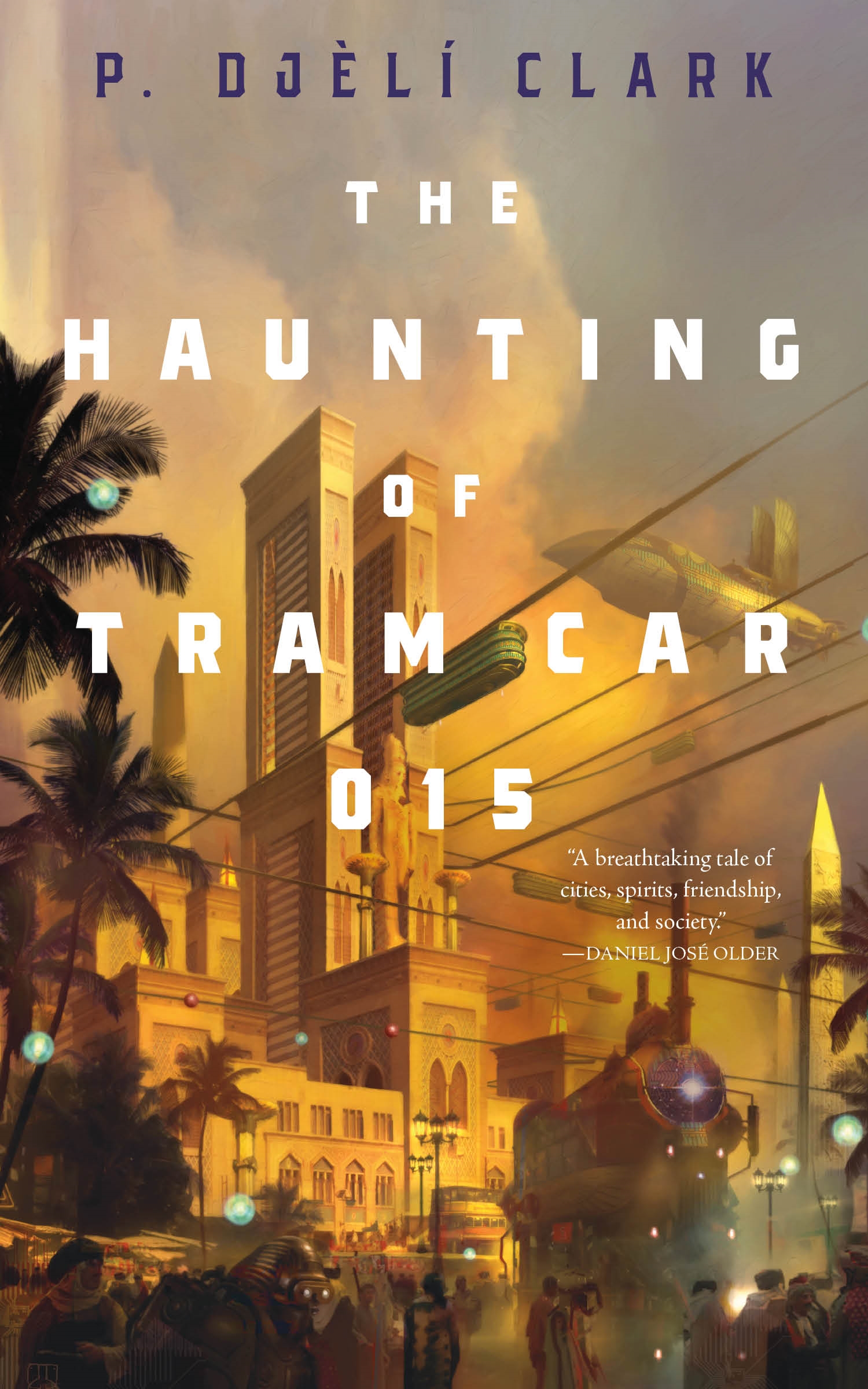Disguised as a governess, the last fairy in Britannia infiltrates the household of the Gloucester family to fulfil a vital mission on behalf of her exiled people.
On the run after offending the Royal family, two infamous magical engineers set out to commit the crime of the century on behalf of a wicked enchantress.
For one night only, the Gate Sinister can be opened between worlds, clearing the way to the long-lost Forest of Arden. For one night only, all things are possible…
This was an enjoyable and reasonably quick read. The story follows two sets of characters and it took me a little bit longer to warm to the second set, as is often the case with any piece of fiction; we get attached to the first characters we meet and then want to get back to their story as soon as possible! Of course, once both threads of the story started to come together, I found myself enjoying both sides of the narrative.
I appreciated that this novella stands alone fairly well. It does a lot of worldbuilding for later stories (I assume), but the story itself is self-contained. While our characters decide at the end to go off to do various things, it's not entirely obvious (to me, anyway) what story or path the next novella in the series will follow. That said, there are a lot of interesting possibilities and I am up for reading a story about any of them and curious about where the author will take the series.
Gate Sinister is an interesting start to what promises to be an enjoyable series. It is generally lighthearted but contains some darker themes and choices for the characters. It's a case of things getting darker the more you dwell on them, so there are some layers to the story and worldbuilding. I recommend Gate Sinister to fans of fairies, the ethics of love spells and novellas.
4 / 5 stars
First published: January, 2023
Series: Sparks and Philres, book 1
Format read: eARC
Source: the author
Disclaimer: Although the author is a friend, I have endevoured to write an unbiased review.




















